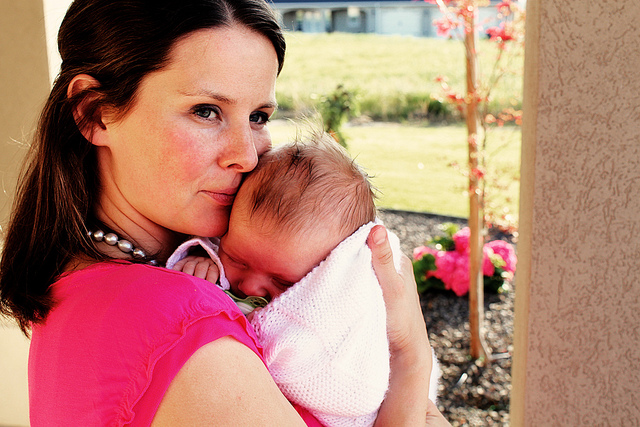
Reflections :: Telling Our Stories
Some of our most important women’s work exists in story.
What is it I mean by women’s work? The value, intrinsic, of embracing authentically the parts of our inward experience of self intertwined with and thereby defined by being female. A nice, easy place to start are with the roles we play. Take a minute, go ahead. I am certain at least three roles pop immediately to head. Mother? Wife? Professional? Sister? Daughter? Best Friend? Caregiver? The list runs on and on. Be as specific as you can get.
What is it I mean by story? The plot and themes that web together the tapestries of our lives. How you have come to play the roles in which you’ve been cast, and the different ways you truthfully feel about them. For many women this is where discomfort arises. Oftentimes in order to choose one role we were forced to surrender a different one. What I see with women especially is a lack of vitality that seems to relate to natural stressors in everyday life, stressors we connect to our roles and responsibilities. However, what so often lay beneath is a disconnect, an emptiness rooted in a feeling of obligation to our roles versus the sense that our own will or choice, true wants or likes or needs, are being or were subverted in favor of obligations. Compounding this is the necessity to make nice and not complain, for after all, our roles point to how very much we are blessed. If this tension is something you experience, you’re not alone in feelings under the surface that range from anger to loss, guilt to indifference, rage to grief.
It makes me think of the writer Anna Quidlen and her quote, “sometimes not to decide is to decide.” This is where story comes in. Using story, with close friends, family, a trusted partner, a therapist, helps gain access to your vitality by calling back to yourself lost or disengaged parts. Owning our stories is such powerful work that psychoanalyst Clarissa Pinkola Estes topped the bestseller list for weeks when she wrote about it in “Women Who Run With the Wolves“. Pinkola-Estes suggested that our work as women is owning our stories, and to do so requires the fierceness of a mother wolf. It requires this level of ferocity in order to combat the dulling of instincts that happens by merely succumbing to the roles in which we find ourselves. She calls this work of re-owning our stories, because of the emotions that circle our supposedly lost or past choices and turns and twists, gathering the bones.
Another great book on the topic is Louise DeSalvo’s “Writing as a Way of Healing: How Telling Our Stories Transforms Our Lives”. No matter how you tell it, your story is yours, how you relate to it is up to you. Actually taking the time to look at your life, to call back to yourself all the many selves you’ve been, to honor and value who you truly are is the act through which power and vitality are regained. The more we circle back over our old bones, the more empowered we become to also live the story of our future with greater truth and authenticity.
Photo courtesy of Flickr:
0



2 Comments
Barb @ A Life in Balance
I love reading this. I don’t spend as much time as I would like sharing stories of my childhood with my kids. My mom didn’t though hers was a bit rough given that her parents both died when she was seven. I think I’ll pull out old photo albums this weekend to share with my kids and tell them about my earlier life.
Kelly McMullen
Thanks for commenting Barb. Such a rich tradition to begin! I’m excited for you, and the wellspring of healing and opportunity for you as our Moms lives on through us. Blessings!